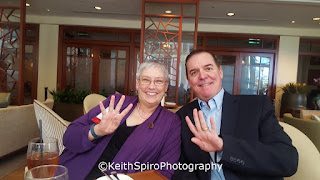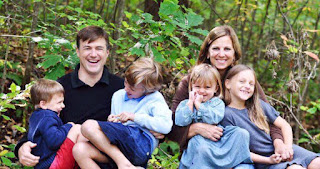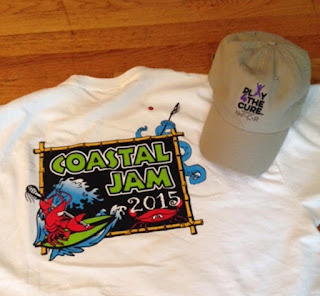Hope for Brain Cancer Patients: Global Adaptive Clinical Trials

I often write about how “we are all in this together”. Though I’m a lung cancer survivor, I am a passionate advocate for cancer research for all different types of cancer. And as we are learning, precision medicine is more about identifying the genetic abnormalities that cause cancer, and less about where the cancer presents itself. And so it was an honor to attend the recent press conference and reception announcing a broad coalition of Glioblastoma Multiforme (GBM) neurosurgeons, neuro-oncologists, basic and clinical investigators and representatives from GBM advocacy communities, including the National Foundation for Cancer Research (NFCR), who gathered at the National Press Club today to announce “GBM AGILE,” a next-generation clinical trial for brain cancer. This year approximately 12,000 adults in the United States and tens of thousands more around the globe will receive a diagnosis of GBM, the most aggressive and deadliest form of brain tumor. These pat...






